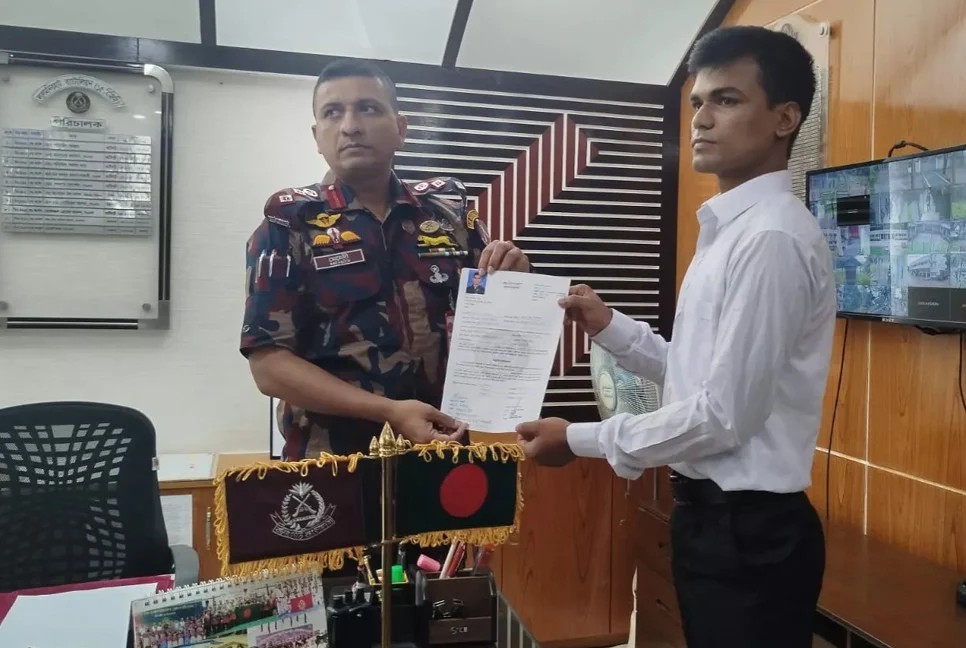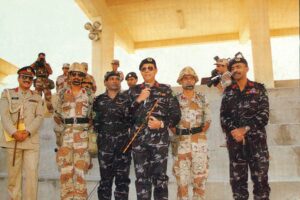This content is restricted to site members. If you are an existing user, please log in. New users may register below.
Felani’s Legacy Lives On: Brother Enlists in Border Guard Bangladesh

Reading Time: 2 minutes The killing of fifteen-year-old Felani Khatun in 2011 remains one of the most harrowing episodes in the history of the Indo-Bangladesh border. Shot dead by India’s Border Security Force while attempting to cross barbed wire with her father, her body left hanging on the fence for hours, Felani became an enduring symbol of the human cost of border militarisation. Fourteen years on, her younger brother Arfan Hossain has joined the Border Guard Bangladesh, a development that carries both profound personal meaning and national symbolism. On 18 September 2025, Arfan received his appointment letter from the Lalmonirhat Battalion after successfully passing the recruitment examination earlier in the year, and the following day he reported for training. For him and his family, the moment was laden with significance. “It was my parents’ dream to serve the country. I am grateful to BGB for giving me this chance,” he

